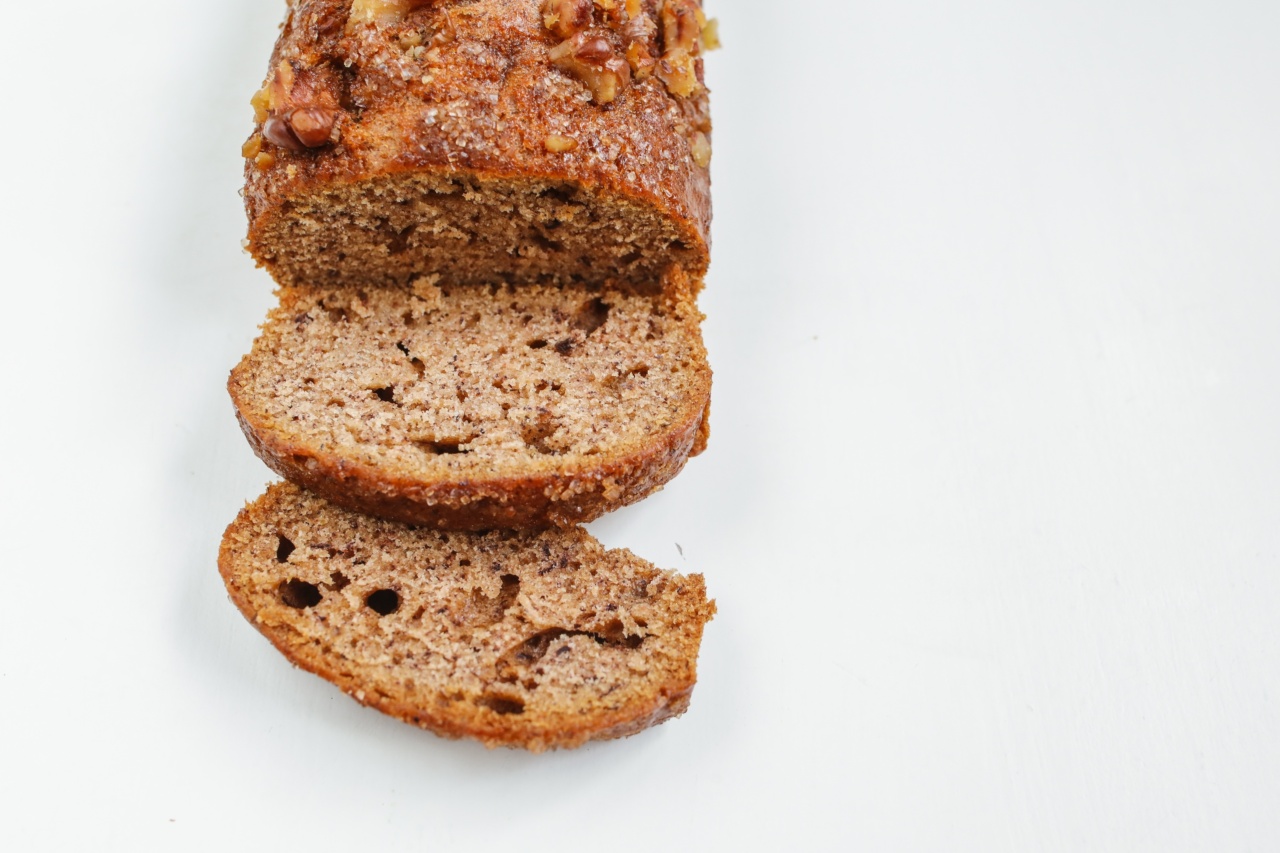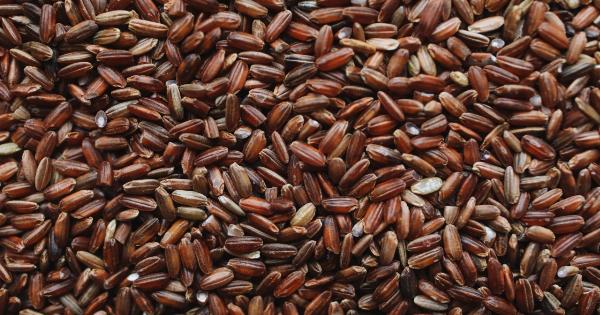Brown rice is a whole grain that has gained popularity in recent years due to its numerous health benefits. Unlike white rice, which has had its bran and germ removed, brown rice retains these important components, making it a much healthier choice.
This article will explore the nutrition facts and health benefits of including brown rice in your diet.
Nutrition Facts of Brown Rice
One cup of cooked brown rice provides approximately:.
- 216 calories
- 44.8 grams of carbohydrates
- 3.5 grams of fiber
- 5 grams of protein
- 1.8 grams of fat
- 0 grams of cholesterol
- 83 milligrams of magnesium
- 83 milligrams of phosphorus
- 84 milligrams of potassium
- 0.4 milligrams of zinc
Rich in Fiber
One of the key health benefits of brown rice is its high fiber content. Fiber is essential for maintaining a healthy digestive system and may help prevent constipation.
Additionally, consuming a high-fiber diet has been linked to a reduced risk of heart disease, type 2 diabetes, and obesity.
Source of Healthy Carbohydrates
Brown rice is a great source of healthy carbohydrates. Unlike refined carbohydrates, such as white rice and white bread, the carbohydrates found in brown rice are complex carbohydrates.
This means that they are digested more slowly, providing a steady release of energy and helping to keep blood sugar levels stable.
Packed with Essential Nutrients
Brown rice is not only delicious but also packed with essential nutrients. It contains B vitamins, such as thiamin, riboflavin, niacin, and vitamin B6, which are important for energy production, brain function, and overall well-being.
Additionally, brown rice is a good source of magnesium, phosphorus, and potassium.
Loaded with Antioxidants
Brown rice contains antioxidants, including phenolic compounds and flavonoids, which help protect the body against inflammation and oxidative stress.
These antioxidants also have anti-cancer properties and may help reduce the risk of chronic diseases, such as heart disease and certain types of cancer.
May Aid in Weight Loss
If you’re trying to lose weight, incorporating brown rice into your meals can be beneficial. Brown rice is low in calories and high in fiber, making you feel fuller for longer.
It can help control hunger pangs and prevent overeating, ultimately supporting your weight loss goals.
Supports Heart Health
Eating brown rice regularly may help promote heart health. The high fiber content can lower cholesterol levels, reduce the risk of developing heart disease, and lower blood pressure.
Additionally, brown rice contains compounds that have been shown to have a protective effect on the heart.
Gluten-Free Option
Brown rice is naturally gluten-free, which makes it an excellent choice for individuals with celiac disease or gluten sensitivity. It can be used as a substitute for other grains that contain gluten, such as wheat and barley, in a variety of recipes.
Improves Digestive Health
The fiber content in brown rice helps regulate bowel movements and promotes a healthy digestive system. It adds bulk to the stool, making it easier to pass and reducing the risk of constipation.
Furthermore, the fiber acts as a prebiotic, providing nourishment for the beneficial gut bacteria.
May Reduce the Risk of Type 2 Diabetes
Studies have shown that individuals who consume brown rice regularly have a lower risk of developing type 2 diabetes.
The fiber content and low glycemic index of brown rice contribute to better blood sugar control and insulin sensitivity, helping to prevent blood sugar spikes.
Incorporating Brown Rice into Your Diet
There are many delicious ways to include brown rice in your daily meals. It can be used as a side dish, mixed with vegetables, or included in a stir-fry. Brown rice can also be used to make tasty salads, casseroles, and even desserts.
Conclusion
Brown rice is a nutritious and versatile whole grain that offers numerous health benefits. It is a great source of fiber, healthy carbohydrates, and essential nutrients.
Incorporating brown rice into your diet can support digestive health, aid in weight loss, improve heart health, and reduce the risk of chronic diseases. With its delicious taste and wide range of culinary possibilities, brown rice is definitely worth adding to your meals.





























